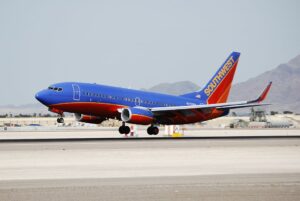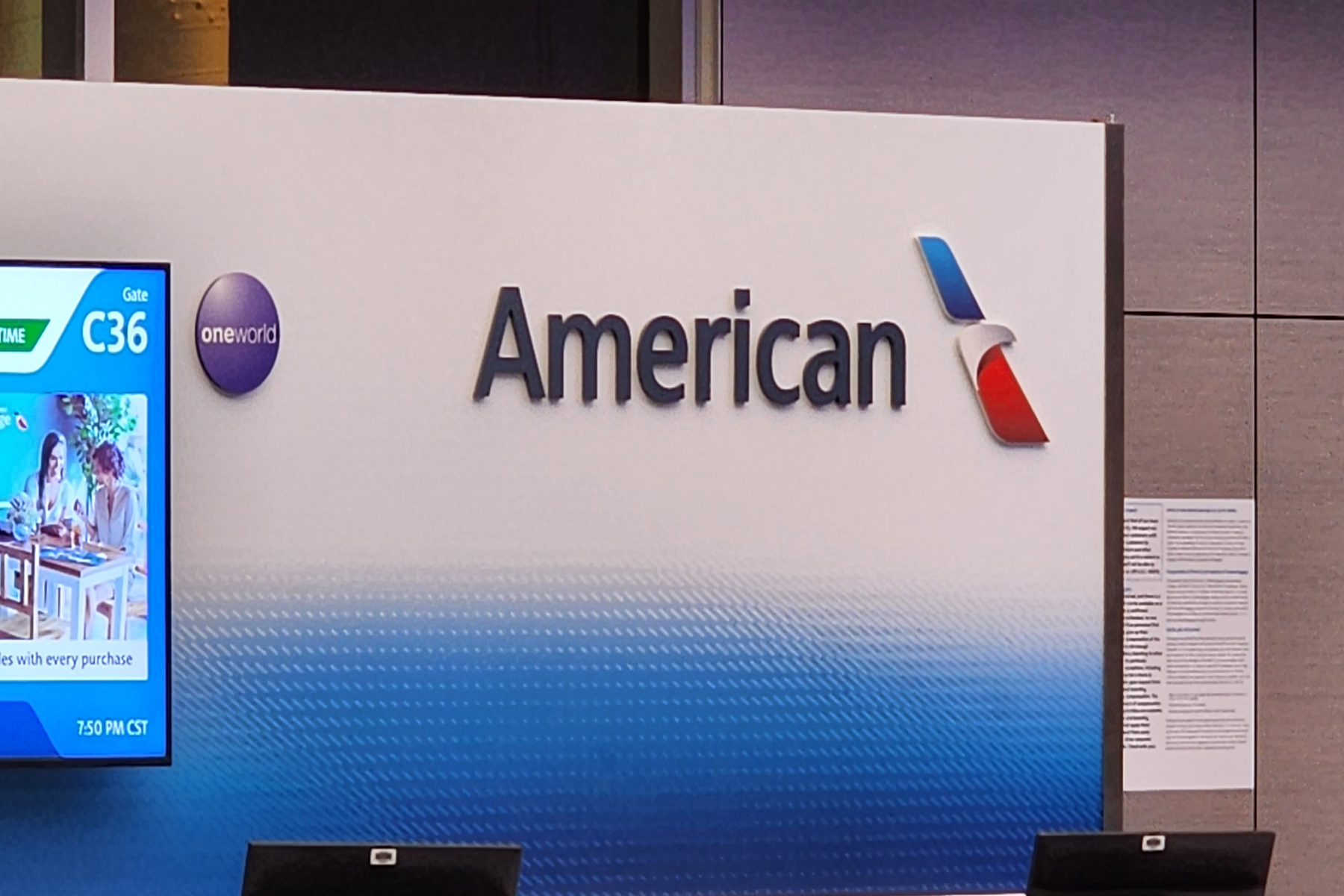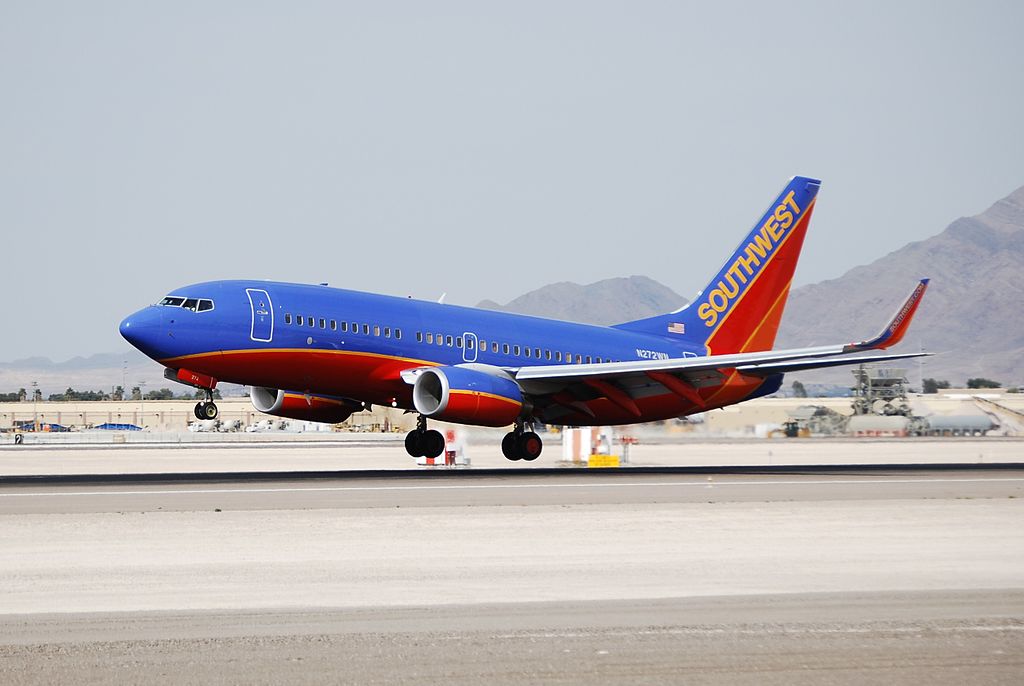Why Hoarding Points and Miles Rarely Pays Off

Welcome to FlyerTalk 101, a guide to traveling like an expert from the experts. For more guides like this, check out our FlyerTalk 101 tag or head to the forum links in this article to have any of your questions answered.
Are you hoarding your reward points and miles? You may be setting yourself up for disappointment. Let’s take a look at the four big reasons why hoarding your rewards might not be so wise.
Devaluations Happen All the Time, Sometimes With No Warning
Points and miles should not be looked at as investments. In fact, they should really be seen as tools that you use to get as much free travel or associated perks as quickly as possible. Unfortunately, devaluations happen all the time. This means that the points that have been stacking up in your account for months or years could suddenly drop in value overnight.
You don’t have to look any further than United’s choice to switch to dynamic pricing for its MileagePlus loyalty program which dropped the value of MileagePlus reward miles by nearly 8 percent. Or, just check out The Definitive Delta Devaluation Thread that’s been tracking drops in those miles–including the unannounced Spring 2019 change that devalued SkyMiles across the board without warning.
Hotels aren’t immune either. Marriott Bonvoy’s double-whammy of peak pricing and category changes taught many hoarders a hard lesson. And the Marriott Bonvoy changes are still too fresh harbinger of several devaluations including the . Or Delta SkyMiles also brought on unannounced devaluations across the board last spring without any warning.
The bottom line? When it comes to hotel points and airline miles it’s a good idea to get in while the getting is good.
Hotel Points and Airline Miles Have Expiration Dates
The general lifespan for points in the airline is up to 36 months. Airline and hotel points typically have very strict expiration rules. The hotel industry is far less forgiving than the airline industry when it comes to expiration dates for reward points. Just about every major hotel chain cancels points after 12 to 24 months of no earning or redemption activity. That includes major names like Marriott.
The Wyndham Rewards program is one of the more generous loyalty programs in the hotel industry when it comes to reward lifespans. You have four years to use your points as long as you maintain account activity. You’ll still have 18 months to figure out what to do with your points even if you don’t have any qualifying activity.
Evergreen doesn’t always mean evergreen: Even companies that claim to offer points that don’t expire may still technically offer points that expire. That’s because companies that promise “evergreen” points will often nullify your point accrual by default if you fail to be active for some specified amount of time. You really need to read the fine print on your membership agreement to see just how long your points will really stick around if you’re not active.
Some points and miles don’t expire (for now): As with most rules, there are some exceptions. Check out this list of Airline Miles & Hotel Points That Do and Do Not Expire.
Someone Could Steal Them
Of course, rules can always change. Another thing to keep in mind is that letting your miles simply sit around in accounts you don’t use very often could put you at risk for having them stolen. There’s actually a huge black market for airline miles that are stolen and sold at deep discounts. Check out this cautionary tale posted by a FlyerTalker who had their Delta SkyMiles stolen, found themselves locked out of their own account and found customer service to be less than helpful in remedying the situation (even though it happens all the time).
The Availability Might Not Be There When You Need It
The seat you need may not be available to you just because you have a way to pay for it using reward miles. The bottom line is that availability for reward seats can change on a whim. The good news is that almost every airline in the world posts availability for award seats between 330 and 360 days before departure.
That means you can get your seat secured using your points up to 11 months in advance. Putting your points to work as early as possible instead of waiting closer to your travel date to book is just being reward savvy. The FlyerTalk forum has threads on award availability for almost every major hotel and airline chain. Just head to the airline or hotel you’re looking for and search “award availability.”
Companies Can Disappear
Airlines and hotel chains around the world shutter without notice all the time. Monarch Airlines, Air Berlin, Primera Air, and WOW Air are just some of the airlines that have gone under within the past three years. That leaves a lot of points and miles unused. The same can happen in the hotel world. In fact, the mergers that are very common in the hotel world can totally change the value of points you’ve been saving. Loyal Starwood customers went through a long process of waiting to see exactly how their points would be handled during a merger with Marriott that lasted for years.
Why Seizing the Day Is the Smartest Strategy
You really want to try to use your travel rewards almost as quickly as you earn them these days. Of course, frequent travelers can go through a cycle of stocking up a treasure trove of points pretty quickly before turning them over for generous rewards. People who travel less frequently could be at higher risk of losing rewards. The big lesson here is that you should book that flight, ask for the seat upgrade and request the better room if you have some points hanging around. Seize the day before time or rule changes seize your points!























